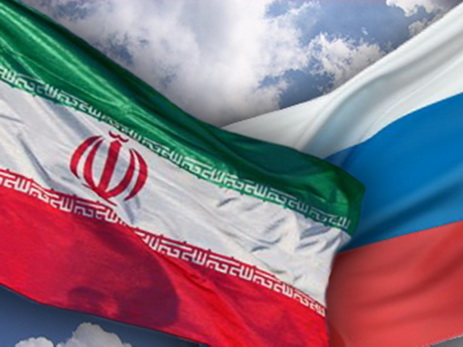More leading from behind: Russia and Iran practice expansionism in the South Caucasus

By Justin Amler
During the past near-decade, the United States was relegated to the policy of “leading from behind.” This basis for foreign policy left the world with a U.S. often absent from the world stage in any constructive form, and the world suffered.
Russia, once on a rocky road to some formula of democracy and stability, is now a neo-imperialist power on the move — invading its neighbors, forcing others into Cold War-type treaties, propping up regimes in the Middle East under the guise of fighting ISIS — all while the United States stands by.
In its effort to counter all things American, to weaken the Atlantic Alliance and the European Union, Russia conceived the Eurasian Economic Union to counter the EU, while the Collective Security Treaty Organization (CSTO) is “Putin’s NATO.”
The Trump administration will immediately deal with these and more issues utilizing foreign policy tools that have lost a good deal of their luster and efficacy. The task will be made more difficult by diminished American diplomatic, political and military preeminence. In addition to Russia, China and others, on the agenda is Iran, the Iran deal and Iran’s meddling in Eurasia and the Middle East, and frozen conflicts left to fester.
Case in point: the frozen conflict between Armenia and Azerbaijan. In simplest terms, during dissolution of the Soviet Union, these newly minted nations went to war over the Nagorno-Karabakh region of Azerbaijan. With Russian special forces and armor augmenting the Armenian military and with military support from Iran, the conflict saw Armenia occupy roughly 20 percent of Azerbaijan’s internationally recognized territory, while Armenia ethnically cleansed and murdered the entire expanse of ethnic-Azeris and Muslims.
In the intervening years, Armenia’s Soviet-style central government presided over social stagnation, economic underdevelopment and dependence on foreign handouts while the nation contended with an ever-present brain drain that has left it with few innovative or internationally competitive people.
Azerbaijan cast its lot with the West following independence and, a current economic downturn notwithstanding, possesses a vibrant economy, a cosmopolitan society, top-notch education and a bright future.














